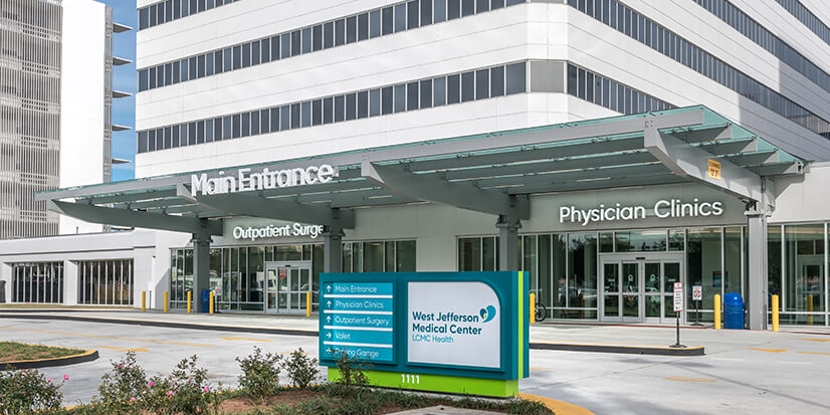Nose
From allergies to sinus infections, we're here to help
A stuffy nose certainly can be inconvenient, but if you experience chronic congestion, sinus infections, allergies, or any other nasal or sinus-related issue, it may be time to see a specialist.
Your nasal passages and sinuses are key parts of your respiratory system. When they’re not working at their best, it can be more than just uncomfortable — it can lead to a range of health problems.
The ear, nose, and throat (ENT) specialists at West Jefferson Medical Center can help you get to the bottom of your nasal and sinus problems. We’re experts in everything from sinusitis and allergies to nasal polyps and deviated septum. We provide compassionate, personalized care tailored to your unique needs. We offer these and many other services:
- Balloon sinuplasty
- ClariFix®
- Endoscopic sinus surgery
- Nasal polypectomy
- Septoplasty
At West Jefferson, we’re dedicated to providing the expert care you deserve. To explore all your nose-related treatment options, call us directly at 504.934.8550 or schedule an appointment online.


